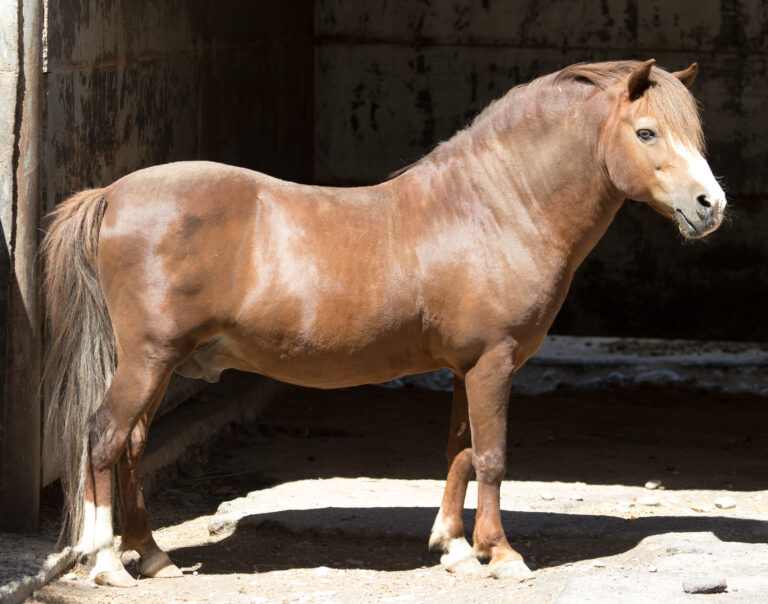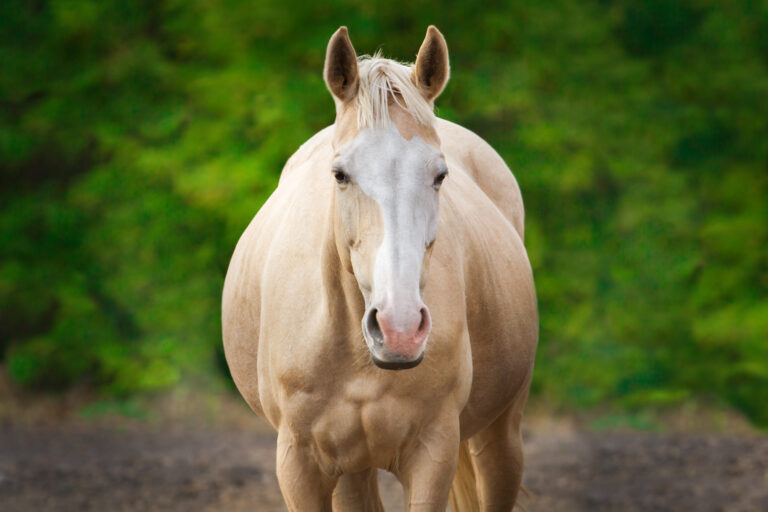
Horses experiencing illness or injury are often faced with the effects of fasting and/or non-steroidal anti-inflammatory drugs. Often, they are given prophylactic anti-ulcer medication that may or may not actually be appropriate to manage equine squamous gastric disease (ESGD) or equine glandular gastric disease (EGGD). A study at the University of Illinois evaluated the efficacy of omeprazole (a proton pump inhibitor to increase gastric pH) or sucralfate (gastroprotectant) in horses exposed to both fasting and NSAID administration, which typically elicits equine gastric ulcer disease (EGUD) [Bishop, RC.; Kemper, AM.; Wilkins, PA.; et al. Effect of omeprazole and sucralfate on gastrointestinal injury in a fasting/NSAID model. Equine Veterinary Journal Oct 2021; DOI: 10.1111/evj.13534].
The study involved 14 healthy horses more than three years of age that had ulcer scores less than 2 at the initial gastroscopy. They were given either omeprazole (1 mg/kg PO every 24 hours) or sucralfate (20 mg/kg PO every eight hours) during the fast/NSAID protocol. Following an eight-week washout period, the horses were administered the alternative treatment. Each horse served as its own control. Gastroscopy, ultrasound of right dorsal colon wall thickness, and hematology were the procedures used to evaluate effects of treatment.
With either treatment, equine squamous gastric ulcer scores worsened over time. Horses given sucralfate had higher (worse) EGGD scores than those on omeprazole. Horses with ESGD scores also had higher scores with sucralfate than omeprazole. (It is noted that the typical treatment dose of 4 mg/kg once daily of omeprazole was not used in this study; rather, they used 1 mg/kg once daily as a typical “preventive” dose to suppress the low pH of gastric acid.)
The right dorsal colon wall thickness increased with administration of sucralfate but remained constant with omeprazole treatment. Neither treatment affected hematological findings. All horses demonstrated reduced appetite and dull demeanor by the end of their treatment but never developed signs of colic.
The authors concluded, “Omeprazole was more effective at mitigating gastric lesion severity in healthy horses exposed to a feed-fast/NSAID model. Sucralfate alone is not effective in EGGD prevention in this model.”

![[Aggregator] Downloaded image for imported item #18711](https://s3.amazonaws.com/wp-s3-equimanagement.com/wp-content/uploads/2025/10/20105749/EDCC-Unbranded-14-scaled-1-768x512.jpeg)


